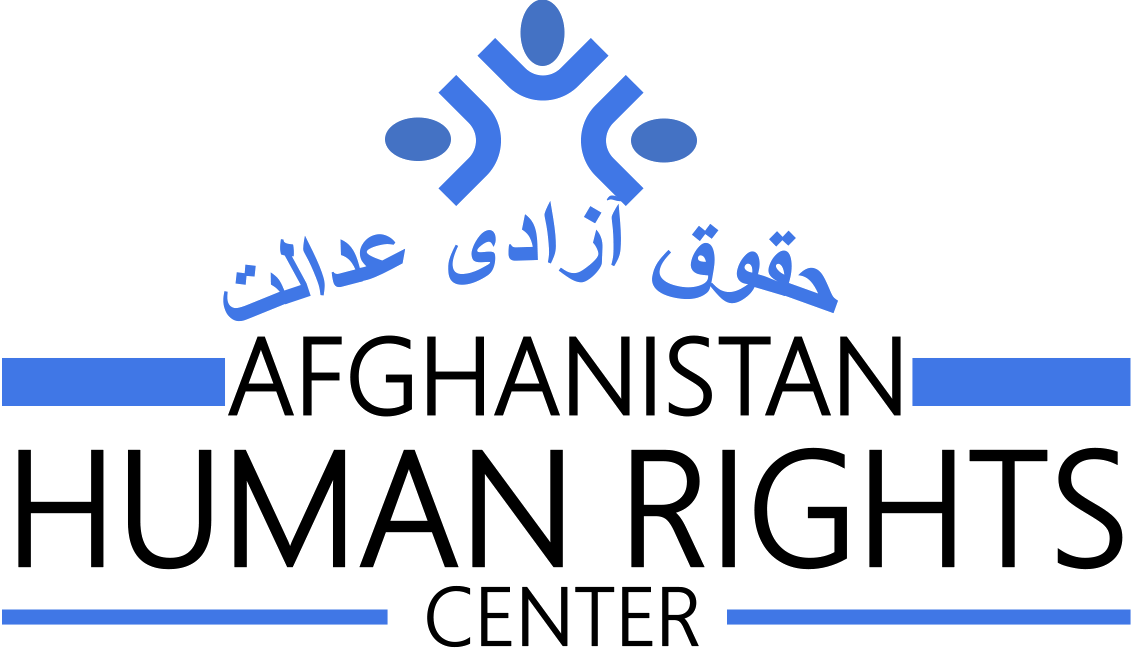Statement on the Three Years Since the Collapse of Afghanistan into Taliban Control
In 15 August 2021, Afghanistan fell into the hands of Taliban, which marks the start of a tragic period of suffering, human rights abuses, and the dismantling of democratic governance. For the past three years, the country has endured a dark era of Taliban cruel theocracy and oppression, and faced relentless assault on its fundamental freedoms, particularly the rights of women and girls.. The world has witnessed the dismantling of two decades of progress and allowed the Taliban to restore their brutal government and plunge the nation into a humanitarian and political crisis.
Taliban’s ongoing human rights violations and brutality under the UN and international watch are a crisis of conscience and weakening of international human rights law. Women and girls, once empowered to pursue education, careers, and active participation in society, are now barred from education, confined to their homes, and denied their basic rights. Over three million of women are deprived of education and over 250, 000 from employment. The deprivation of women from employment has contributed to make families poorer and cost the national GDP billions of dollars. The Taliban’s draconian policies have reversing gains that were hard-won through the sacrifices of many and silenced the entire nation. Gender apartheid and gender persecution in Afghanistan is the sad tragedy for Afghanistan and a catastrophic setback for global efforts toward gender equality,
The Taliban established their control by force, killing and excluding others, repression, and utter disregard for inclusive democratic principles, miring the political landscape of the country in abyss of uncertainty. Dr Samar a renown human rights defender said: “killing of innocent people torturing opponents, extorting villagers, imposing gender apartheid and gender persecution by the Taliban constitute heinous crimes against humanity and the international community must held them accountable.” Musa Mahmodi, the executive director of the AHRC said: “The exclusionary, repressive and theocratic regime of Taliban has weakened national unity, rule of law and justice and sown the seeds of future conflict.” The Taliban’s cruelty, manifest in arbitrary detentions, extrajudicial killings, and suppression of opponents, has created an environment of fear and oppression that stifles any hope for a peaceful and prosperous Afghanistan. The former attorney general of Afghanistan Mohammad Farid Hamidi assess the three years of Taliban rule as a disaster for the Afghanistan justice system, and their cruel criminal procedure towards people accused of crimes barbaric.
The dire humanitarian situation under the Taliban is as catastrophic as the Taliban regime control over Afghanistan. Millions of Afghans are on the brink of starvation, 23 million people with food insecurity, lack of access to healthcare, and inadequate shelter compounding the misery of daily life. The plight of minorities, including Hazaras, and others, has worsened under Taliban rule, with targeted violence like bombing against the Hazaras and killing of the Hazaras in remote areas like Urozgan, and systemic discrimination and persecution further marginalizing these vulnerable communities.
In light of these grave circumstances, we call on the international community, particularly the United Nations, the United States administration, and other global actors, to:
- Condemn the Taliban’s human rights abuses and refuse to grant any form of recognition, normalization and engagement until tangible, verified and meaningful steps are taken to restore and protect the rights of all Afghans, particularly women and minorities.
- Taliban should be held accountable for the crimes against humanity, persecution of women, gender apartheid, minority groups, torture, extra judicial killings, accountability, and justice through support for the ICC, ICJ and Universal jurisdiction mechanism and UN treaty bodies. Strengthen sanctions and other diplomatic measures to pressure the Taliban into adhering to international human rights standards and to engage in meaningful dialogue for an inclusive, representative and democratic government.Accountability,
- Increase humanitarian aid to address the urgent needs of the Afghan people, ensuring that assistance reaches those most in need without being manipulated by the Taliban.
- Support Afghan civil society organizations that continue to advocate for human rights, democracy, and the rule of law, despite operating under perilous conditions.
- Engage with Afghanistan people and representatives to create a collective approach to stabilizing Afghanistan and stand against Taliban turning Afghanistan to breeding ground for international terrorism.
To the Taliban, we urge you to recognize that no government can sustain itself on fear and repression. History showed your control in the past was short lived, so you may not last long on exerting fear, killing and oppressing women. The path to legitimate governance lies in inclusivity, elections, respect for human rights, and the protection of all citizens, regardless of gender, ethnicity, or belief. We demand immediate reverse to the cruel policy Taliban has imposed on women and violating human rights violations.
To the Afghan people, we stand in solidarity with your struggles and aspirations. Your resilience and courage in the face of overwhelming adversity are a beacon of hope. Continue to demand your rights, uphold your dignity, and work towards a future where peace and justice prevail.
The world must not turn its back on Afghanistan. We must act with urgency and determination to prevent further suffering and to support the Afghan people in their pursuit of a just and peaceful society.
